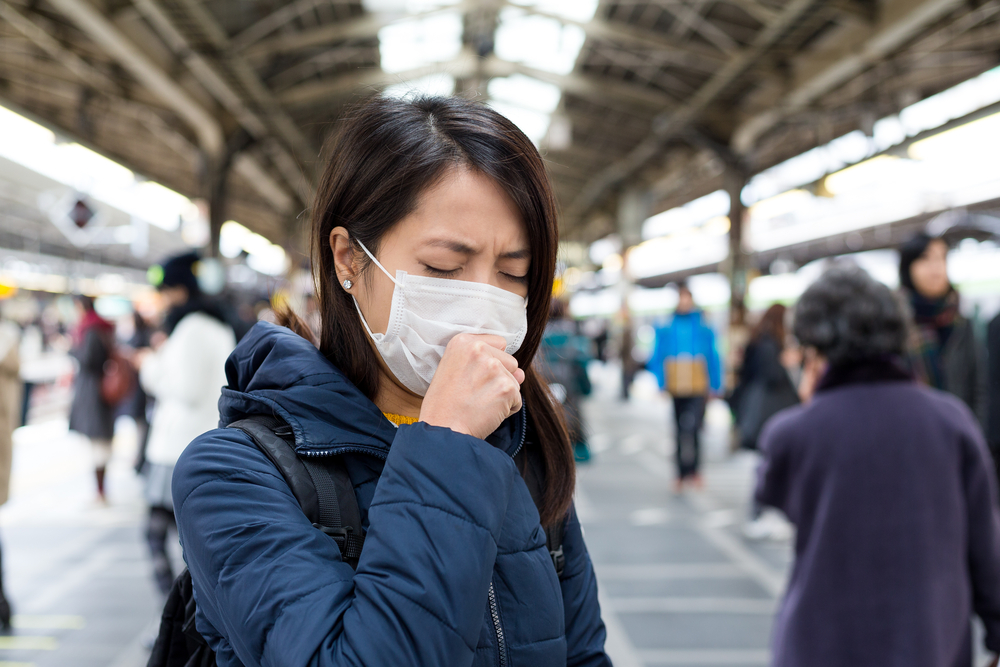5 things travellers should do in the midst of coronavirus outbreak
Contributors are not employed, compensated or governed by TDM, opinions and statements are from the contributor directly

The 2019-nCoV coronavirus is the biggest threat in the travel industry affecting various sectors such as transportation, aviation, tourism and attractions and tours. The fear of the contagion inhibits our mobility.
If travel is inevitable, here are the five things that travellers should do while the new 2019-nCoV coronavirus is still spreading worldwide.
Limit travel
It is important to limit non-essential travel to cities and countries with confirmed cases of the coronavirus as much as possible. Some travellers to Wuhan and other cities in China were trapped when the local authorities put the cities in lockdown. Moreover, travellers from Wuhan, the epicentre of the outbreak, were screened in most airports; so to avoid inconvenience, it is better to put off any travel.
Avoid contact with infected persons
If travelling to cities with confirmed cases is inevitable, avoid contact with infected persons like avoiding contact showing symptoms of the viral illness. However, there are some cases that the incubation period takes days, so it is a must that travellers protect themselves by taking certain precautions such as frequent hand washing, wearing a face mask in public areas, and strengthening one’s immune system.
Seek medical attention
Seek immediate medical attention if you display any symptoms like fever, diarrhoea, shortness of breath and cough. Checking yourself in hospital is of vital importance due to the lack of available vaccine. This will also prevent the disease from spreading.
Ask for travel risk intelligence
Corporate travellers should request that your employer provides you with appropriate travel risk intelligence in real-time to keep you safe during your travel. At this age, information is essential in battling this health risk.
Be secured
Travellers must be secured and should get a travel insurance for unforeseen hospitalisation or if they need repatriation in case of a lockdown.


Comments are closed.